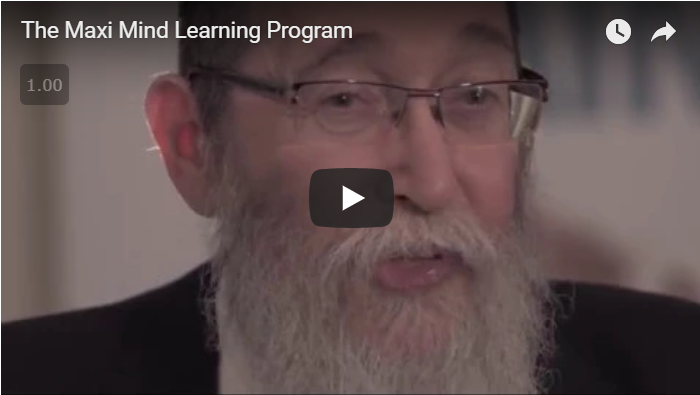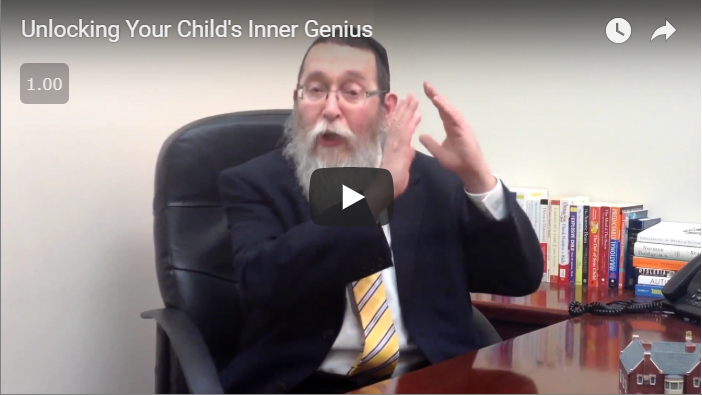What is a learning disability?
A learning disability, in simplistic terms, concerns how a person receives and processes information. The term ‘Learning disability’ carries a negative connotation because the issue is not necessarily concerned with a disability so much as it is a learning style. It is true that children who present with a learning disability do in fact have psychological challenges compared to an average child, however there is no reason why these challenges should limit them.
Pay attention to Learning Styles
We all have different learning styles and this is key to understand.
Some people prefer to read, others need to write or draw figures when they are learning and many need visual or auditory stimuli to grasp concepts and ideas. Verbalizing our thoughts is also another modality in which we learn.
If you suspect that your child has a learning disability, being aware of various learning modalities can be very useful for your child because it can help them overcome their challenges. The moment a child concludes that there is something wrong with them, this is precisely when all their problems begin. If parents can encourage their children to learn within a style that they find most comfortable prior to this point, many problems associated with learning disabilities can be avoided altogether.
Signs that may indicate that a Learning Disability is present
It is difficult to pin point with clarity what signs to look out for with respect to various learning disability disorders, however there are a few common changes in mood as well as behavioural changes that warrant a closer look:
• A consistent lack of focus
• A tendency to be disruptive
• Issues with peers
• Sudden mood changes
• A sudden disinterest in school and/or certain classes in particular
• Issues with cognition (memorizing, processing ideas, critical thinking, etc.)
• A frequent inability to follow instructions
• An obsession with details (or, a lack of attention to detail in the opposite case)
• Resistance towards teachers
In general, the moment a child rushes to the conclusion that there is something wrong with them they will withdraw from their typical routine and start presenting with some (or many) of the issues mentioned above. This is when you may wish to speak to experts who deal with learning disabilities. Such experts can include psychologists, speech and language therapists, brain training experts, etc.
Advantages to early detection
Children may present with the above issues and they still may not have a learning disability. Other problems could provoke such behaviours and mood changes, such as family issues or troubles with peers for reasons other than poor social skills, so it is a good idea to proceed with caution when you are attempting to discover if there is in fact an issue.
If the problems associated with learning disabilities are not addressed, there could be some collateral damage (i.e.: psychological issues that would otherwise not be present were it not for the deviant behaviour and moods). On the other hand, early detection and treatment can help your child acquire valuable life-changing skills while also preventing them from going down a problematic path.
Create a safe environment to encourage communication
Talk with your child openly and highlight some of the issues that have bubbled up to the surface. Also, if you have heard from their teacher due to issues that have occurred at school, discuss those problems as well.
Providing a safe and welcoming space for your child to open up to you will go a long way in helping you to pinpoint where they might be struggling. Once a problem is identified, you can then begin to recruit the right people to help.
Special Education
Children that are diagnosed with learning disabilities are able to enter into a special education program. These programs are not limited versions of the schooling they currently attend but rather, they offer curriculum in a manner that is most appropriate for your child. Whatever learning modality they struggle with most, the program will compensate for this and instead help them to thrive.
In addition to special education, you can also enrol your child into programs that are designed to help them succeed, such as Maxi Mind’s Brain Training Program, Peak Performance, Learning Skills Boost and ADHD Solutions.
About Maxi Mind Learning
Maxi Mind Learning provides activity-based Brain Training Courses which have transformed the lives of hundreds of Toronto-area children by teaching them to effectively self-manage their focus, learning, mood and behaviour. To setup a free consultation please call (416) 858-9868 or visit our free consultation page.







